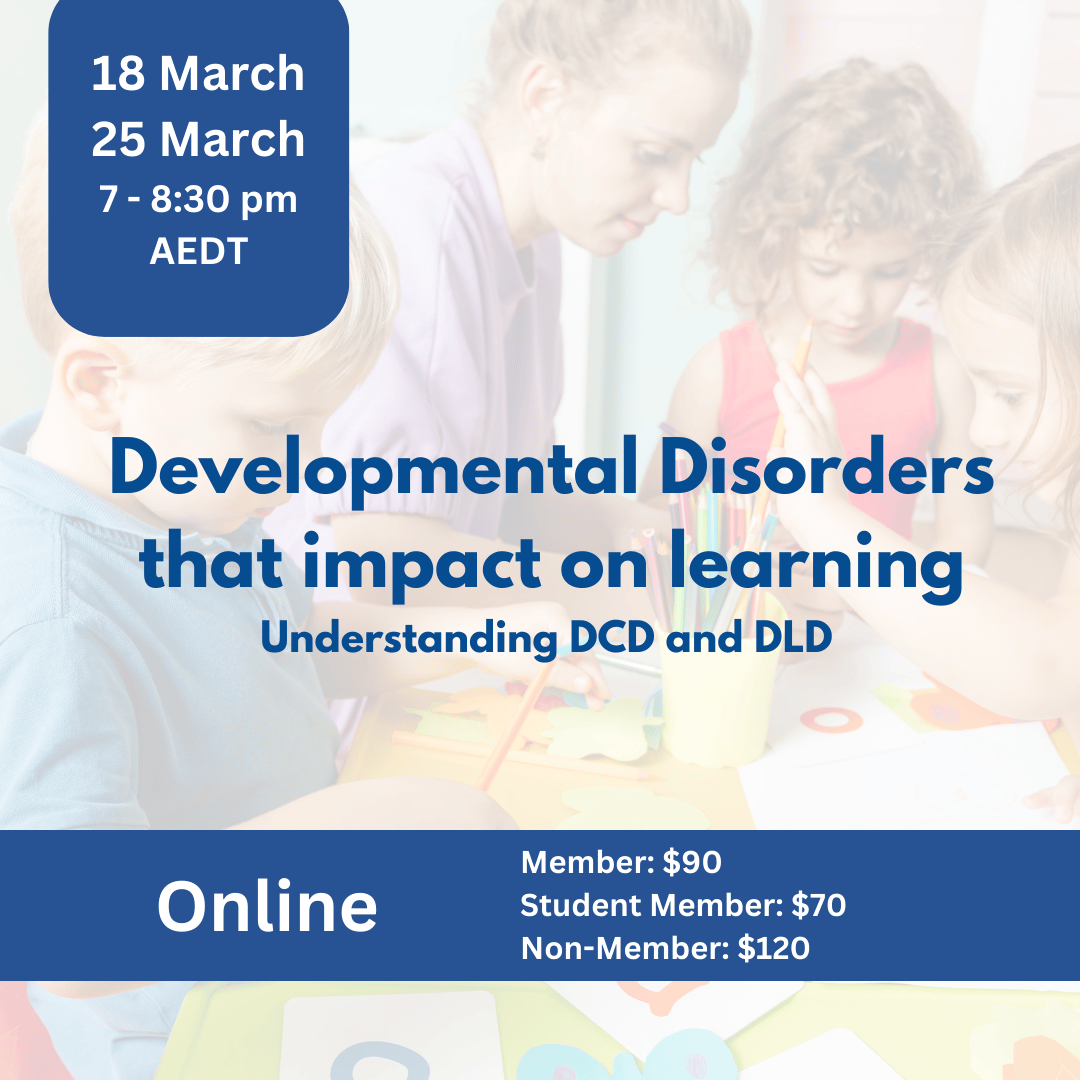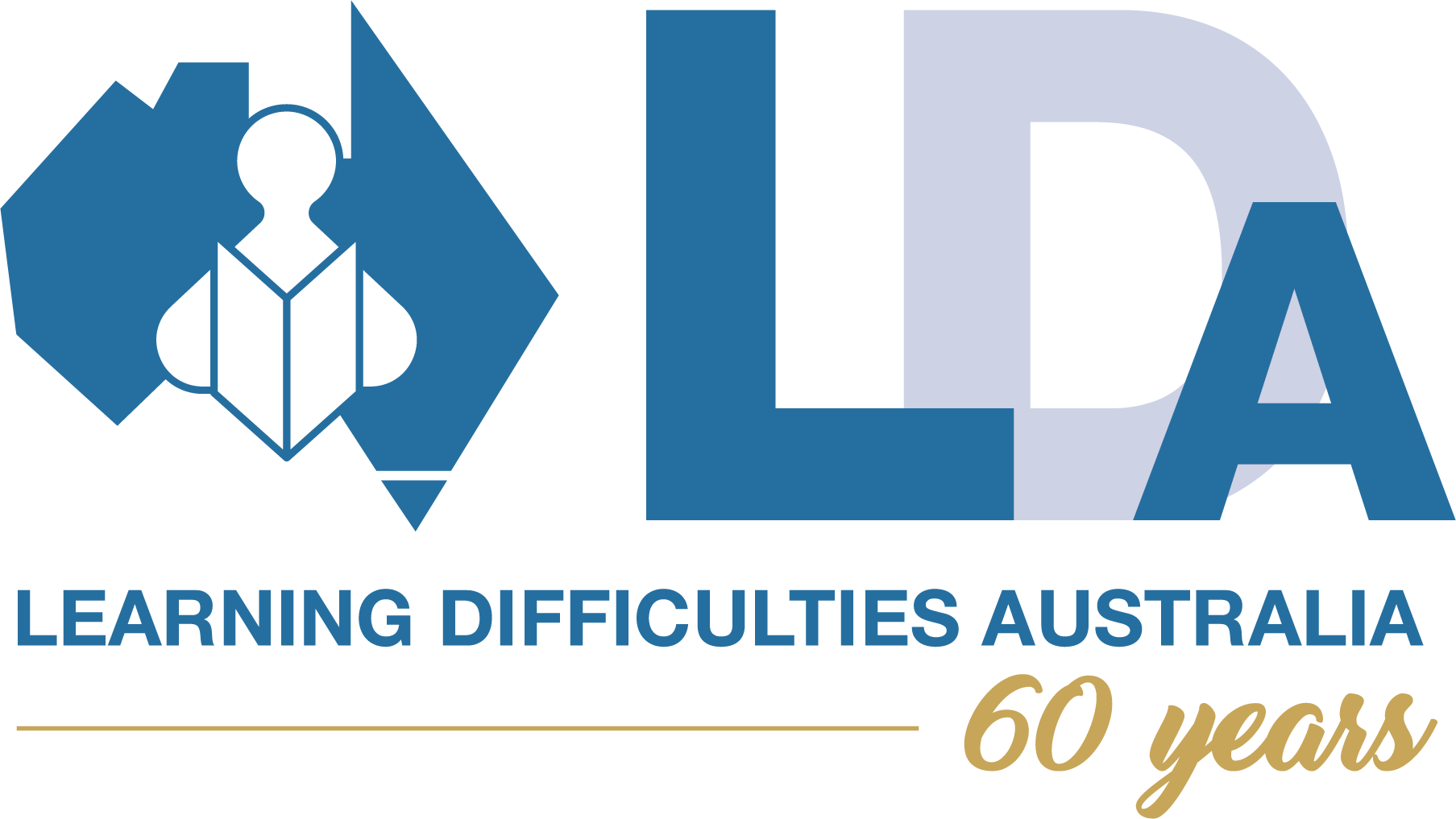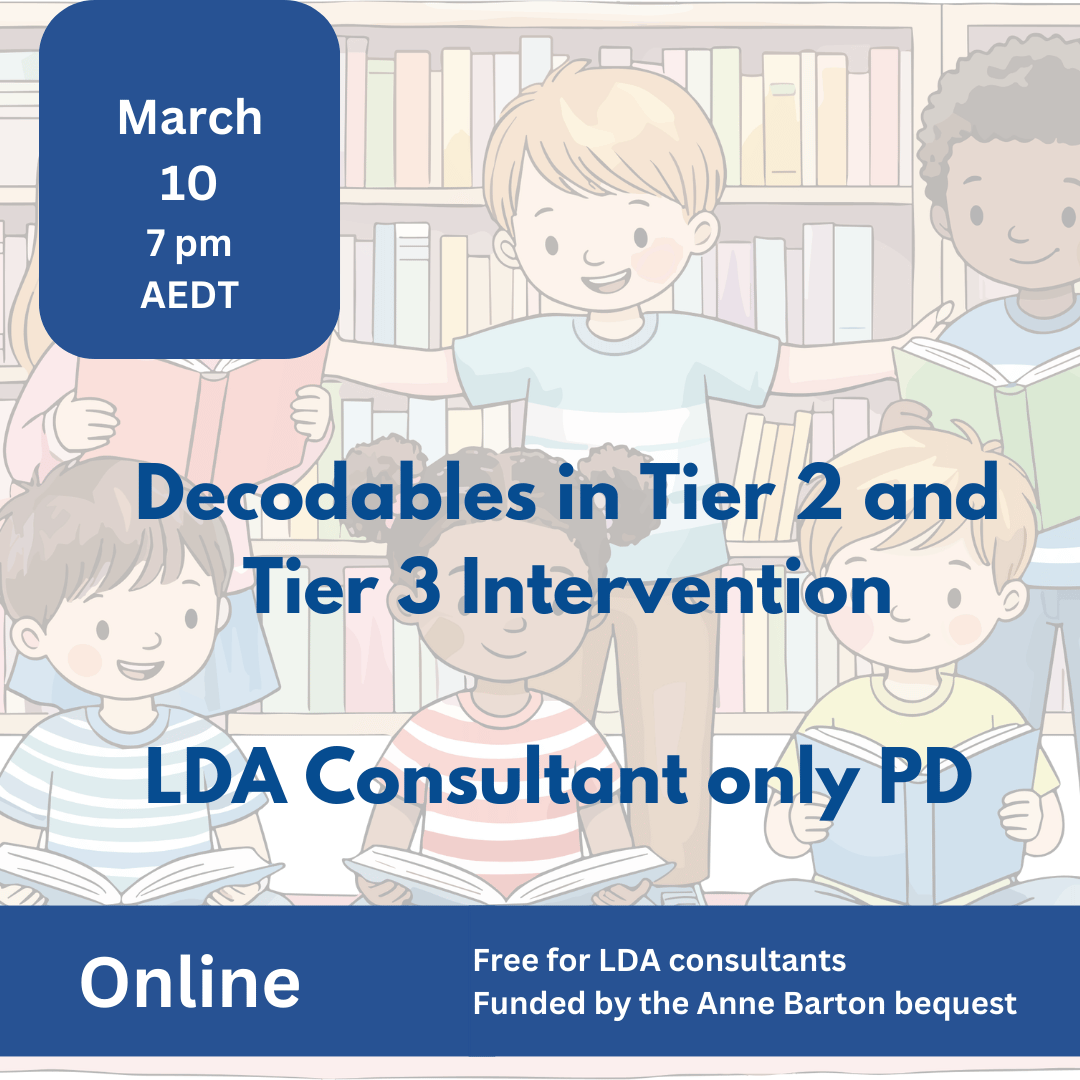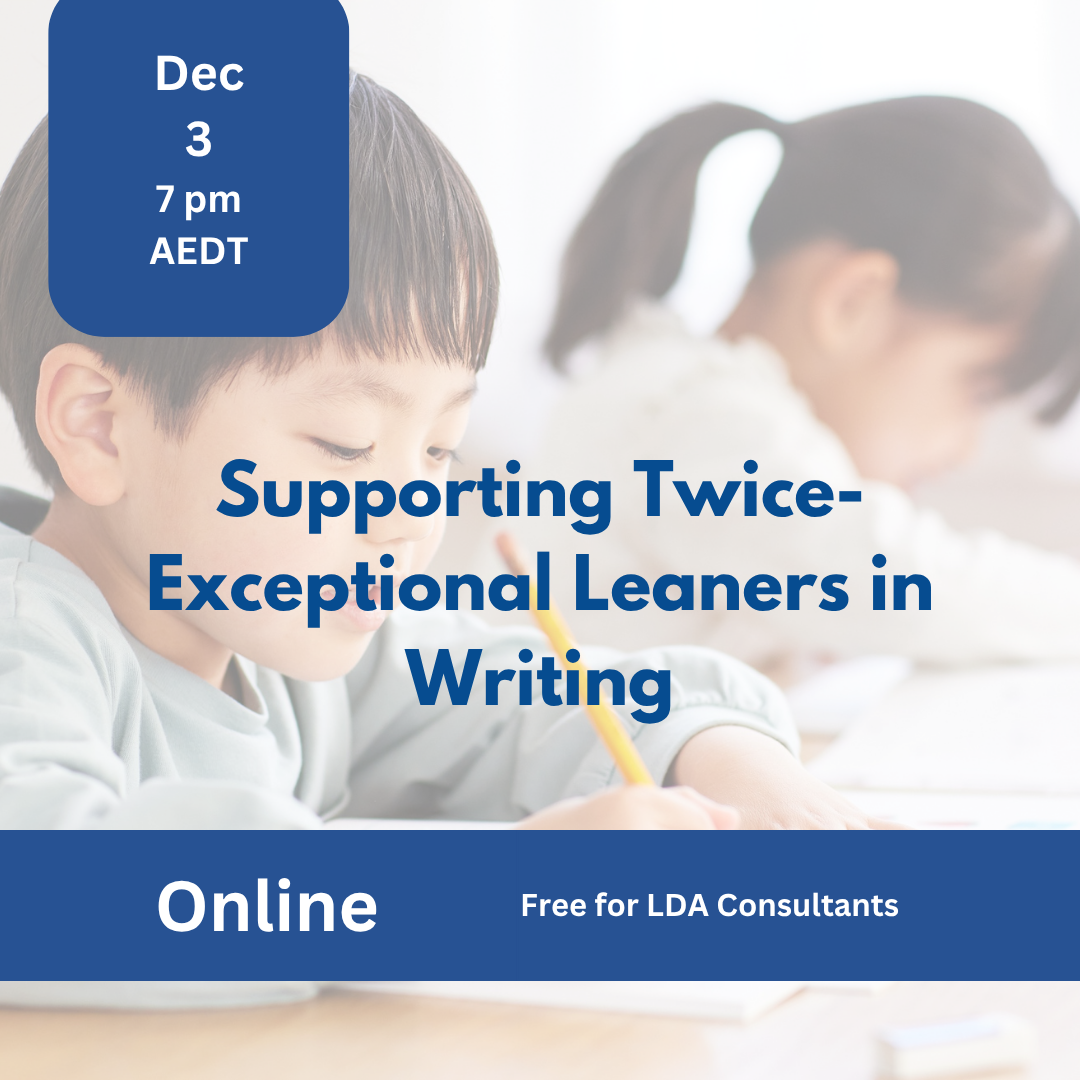
Dates: Wednesday 18th and 25th March 2026
Time: 7-8:30 pm AEDT
A specific learning disorder is characterised by persistent difficulties learning...
Dates: Wednesday 18th and 25th March 2026
Time: 7-8:30 pm AEDT
A specific learning disorder is characterised by persistent difficulties learning a key academic skill. There are a number of specific learning difficulties that have the potential to affect a student's...
Dates: Wednesday 18th and 25th March 2026
Time: 7-8:30 pm AEDT
A specific learning disorder is characterised by persistent difficulties learning a key academic skill. There are a number of specific learning difficulties that have the potential to affect a student's school performance.
A specific disorder with impairment in reading, often referred to as dyslexia
A specific learning disorder with impairment in written expression
A specific learning disorder with impairment in mathematics, often referred to as dyscalculia
In addition to specific learning disorders, there are also a number of other developmental disorders which can have an impact on how a child develops academic skills. Two of these disorders are:
Developmental language disorder (DLD) - this is diagnosed when a student has persistent language problems that continue into school age.
Developmental coordination disorder (DCD) - this is a motor-based disorder that affects approxmately 5% of primary-aged children. It impacts on fine and gross motor skills and can interfere with academic achievement.
This practical two-part course (18/3, 25/3) will focus on Developmental Coordination Disorder and Developmental Language Disorder and will be delivered by an experienced Occupational Therapist and Speech Pathologist. See below for the program.
Wednesday 18th March -Not just clumsy - identifying and supporting children and young people with DCD in the classroom (Shana Boltin)
This presentation will give teachers a clear and practical understanding of Developmental Coordination Disorder (DCD) - what it is, how it typically presents in the classroom, and the everyday challenges students may experience. Shana will outline key indicators that signal when a child may require further assessment or referral, and share evidence‑informed strategies teachers can use to support participation, confidence, and skill development. Educators will walk away with practical tools to recognise DCD early, adapt tasks and environments, and work effectively with families and allied health professionals to enhance student outcomes.
Wednesday 25th March - Developmental Language Disorder: Strategies for Inclusive Teaching (Dr Shaun Ziegenfusz)
Developmental Language Disorder (DLD) is a common but often hidden lifelong condition affecting 1 in 14 students. It affects how children understand and use language, with significant impacts on learning and academic achievement. This practical webinar will support teachers and inclusive education staff to recognise the key characteristics of DLD, understand how it can present in the classroom, and identify the challenges students may experience at school. Participants will leave with evidence-informed strategies and classroom adjustments to support access to the curriculum with real-world examples.
**This course will be recorded and available for two weeks after the event**
Cost
LDA Member: $90
LDA Student Member - $70
Non-Member - $120
About the Speakers
Shana Boltin
Shana Boltin is an experienced children’s occupational therapist with two decades of practice across Melbourne, Australia, and London, UK. During her seven years as Lead Occupational Therapist for the Camden School Health Service at the Royal Free NHS Trust, she led a team of more than ten clinicians and helped pioneer the UK’s first tiered, school based OT model—now replicated nationwide. Shana has specialised in early intervention through the Ei SMART clinic, contributed to CAMHS teams, and participated in specialist diagnostic services, including DCD and Autism. She now works as the Program Lead for Child Adult and Family Therapies at Better Health Network (BHN) and is the co-founder of OT Applied, a training organisation supporting the professional growth of OTs through a neurodivergent affirming lens. Her interests include school based OT practice, service development, impact measurement, and workforce training.
Dr Shaun Ziegenfusz
Dr Shaun Ziegenfusz is a speech pathologist, researcher, and Co-CEO of The DLD Project, with more than 15 years’ experience working with people with Developmental Language Disorder (DLD) and their families. He completed his Doctor of Philosophy studies at Griffith University, where he investigated the education needs and supports for school-aged students with DLD from the perspective of key stakeholders. Shaun is also Chair of The DLD Project Foundation Board and a volunteer member of the Raising Awareness of Developmental Language Disorder (RADLD) International Committee. He is passionate about blending clinical experience and research to support students, families, professionals and schools.
Pre-course optional learning
If you would like to learn more about specific learning difficulties before attending this course, we recommend Identifying and supporting students with dyslexia from our on-demand library.
Read More
Read More





